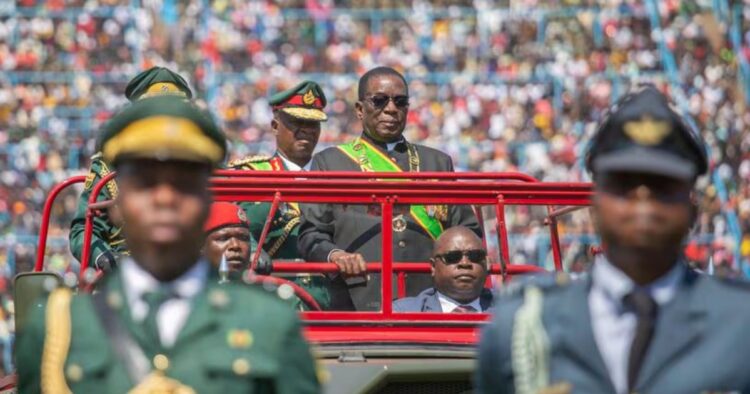African leaders are set to gather in Harare, Zimbabwe, this Saturday for a crucial summit of the Southern African Development Community (SADC). The 16-nation meeting will likely focus on the growing problem of Mpox outbreaks across the continent, though it is expected to steer clear of addressing concerns about Zimbabwe’s human rights record.
Mpox Outbreaks and Global Health Emergency
This week, the World Health Organization (WHO) declared the Mpox outbreaks in Africa a global health emergency. The SADC region includes Congo, which accounts for over 90 percent of the continent’s Mpox cases. Mpox, previously found mainly in central and West Africa has recently been reported in more than a dozen African countries where it was not known to exist before.
Scientists have also discovered a new variant of Mpox in Congo that may be more infectious. The WHO has expressed concern that this new variant could spread beyond Africa’s borders, with Sweden already reporting its first case of this new form.
South Africa’s Call to Address Mpox
South Africa’s Democratic Alliance party, a member of the coalition government, has called on South African representatives at the summit to prioritize the discussion of Mpox. Although South Africa and other southern African nations have reported only a few cases, the Democratic Alliance warns that Congo’s large outbreak demonstrates how quickly the situation can evolve.
As leaders and representatives arrive in Harare for the summit, there is growing criticism regarding Zimbabwe’s human rights situation. Over the past few months, more than 160 activists and opposition members have been arrested. The UN’s human rights office has recently issued a statement urging the release of these individuals, highlighting reports of severe mistreatment, including torture and enforced disappearances.
Amnesty International and Human Rights Watch have also raised alarms about the arrest of activists, including a mother and her young child, who have been detained without trial for weeks.
Zimbabwe’s Role and Summit Preparations
Zimbabwe’s President Emmerson Mnangagwa is poised to assume the rotational leadership of SADC. Despite ongoing allegations of political repression under his administration, regional leaders have yet to apply significant diplomatic pressure on Zimbabwe. Mnangagwa’s government has been accused of suppressing dissent both before and after last year’s presidential election, in which he won a second term.
In preparation for the summit, Zimbabwe has made efforts to improve infrastructure, such as repairing damaged roads and ensuring reliable utilities for delegates. However, many Zimbabweans continue to face frequent blackouts and water shortages.
Analysts, including Zimbabwean researcher Antony Reeler, believe that the summit will likely avoid confronting Zimbabwe’s human rights issues. “They avoid the difficult issues,” Reeler commented, suggesting that regional leaders may prefer to focus on more palatable topics rather than challenging Zimbabwe’s controversial practices.
ALSO READ: “First mpox Death in Japan: Patient with HIV Succumbs”

















Comments